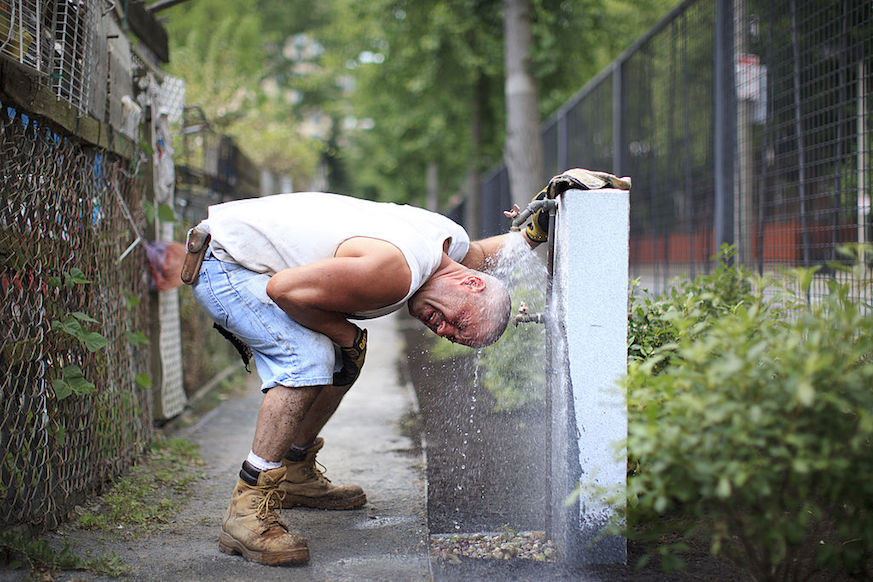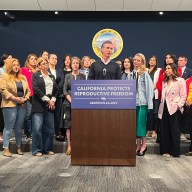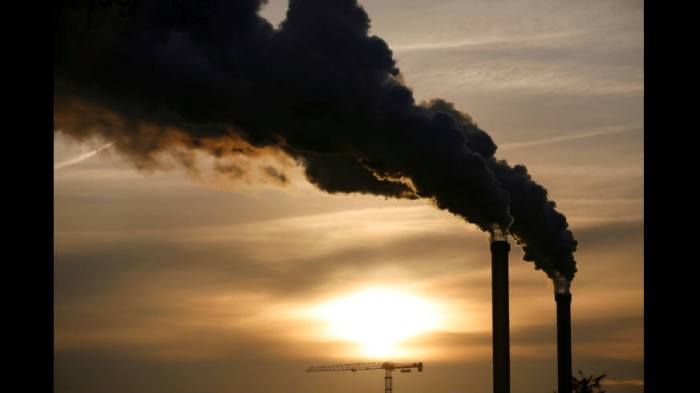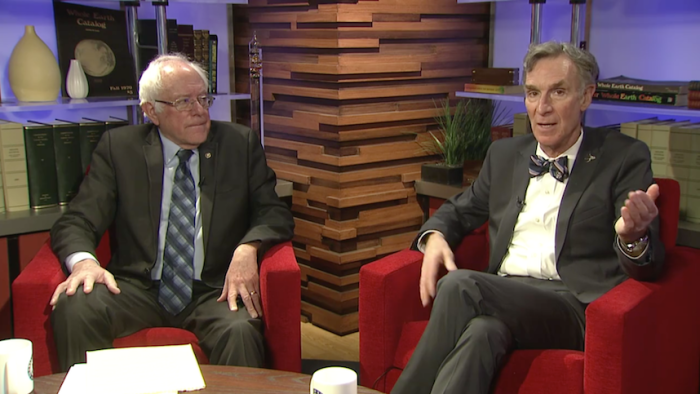Heat waves are more than just an annoyance – they can be deadly. And, for city-dwellers especially, that lethal risk is expected to worsen in the coming decades.
Boston is anticipated to be especially affected. It’s in the top five cities expected to see increased heat-related deaths by 2090, according to the Natural Resources Defense Council (NRDC).
The environmental nonprofit recently released a report that looked at how heat can harm Americans without the protections outlined in the Paris climate agreement, following President Donald Trump’s move to pull the United States out of the accord.
Without the Paris climate agreement, the NRDC report said, public health in the upcoming decades is at risk. “Worsening summer heat waves could kill 13,860 Americans each year by midcentury, and as many as 29,850 a year by the end of the century,” the report found.
Those numbers look at the entire country; Boston specifically is expected to get hit hard, the NRDC said, with 1,340 potential heat and climate change-related deaths here each year by the 2090s.
Though the report is new, the looming threat — at least to Boston city officials — is not.
“This is the first report I’ve seen with specific numbers as to predictions, but I think the extreme heat has always been one of the impacts we’ve been anticipating and planning for,” said Stacey Kokaram, director of the Office of Public Health Preparedness at the Boston Public Health Commission.
“We know there already are heat-related issues for populations [here], and with this increase, we know they’re going to be exacerbated,” she added.
Paul Shoemaker, who works in the Environmental Health Office within the BPHC, explained that heat is a public health concern for residents who are medically vulnerable, the elderly, and even low-income residents who don’t have access to resources to cool down.
In 1995, a heat wave in Chicago killed more than 700 people. Officials said they looked at that situation to come up with prevention efforts in Boston.
The NRDC report concluded that cities should continue to strengthen their heat protection and respect effort, regardless of the stance of the Paris Agreement.
“As part of our work on Climate Ready Boston and the Resilience strategy, we have actually come to similar conclusions,” Kokaram said.
Mayor Marty Walsh has already promised that Boston will continue its efforts to combat climate change despite the president’s decision, and the city has already been working to handle heat waves that are expected to be more frequent, longer and more severe.
“We do have plans now that talk about what to do for heat emergency, and a lot of that is around cooling centers, around messaging to our populations and making sure people check on their neighbors,” Kokaram said. “We’ve come to the same conclusion around really building out plans for these longer-term issues … to figure out how we have to adapt current plans that exist to this potential new reality.”



















